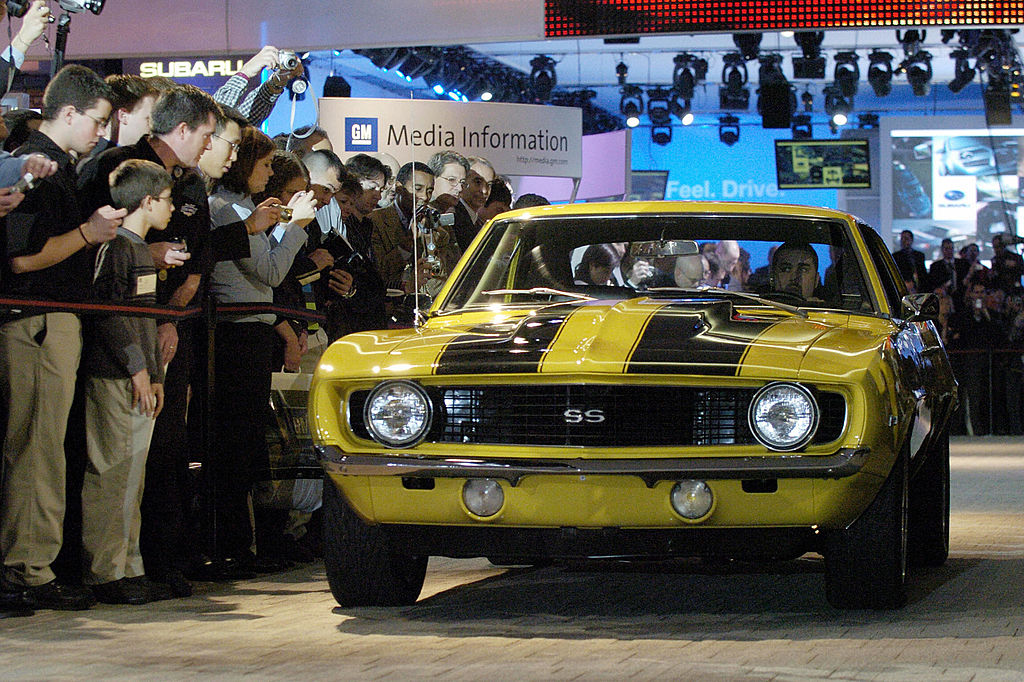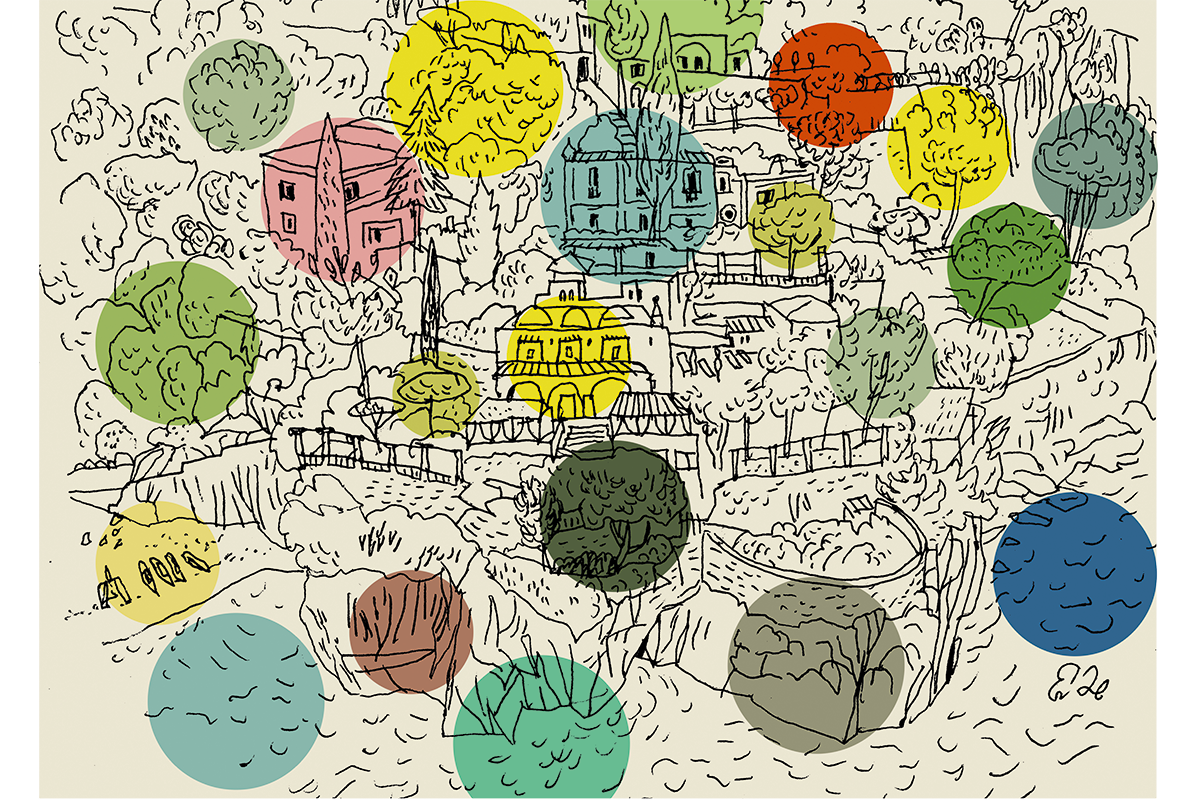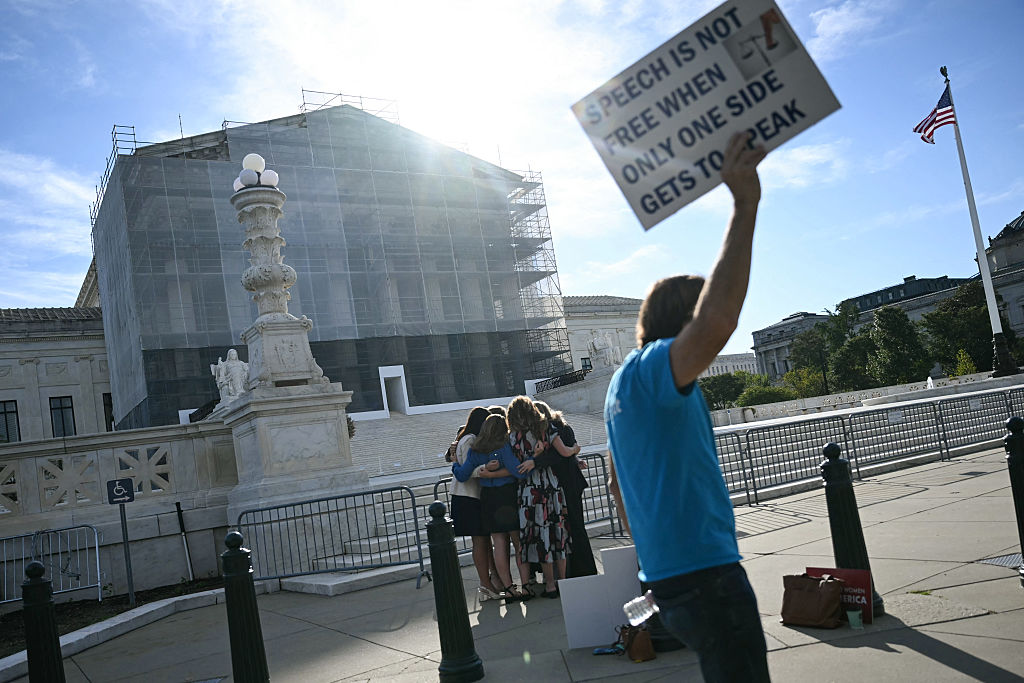Today’s youth get a bad rap for being boring: they don’t join clubs, volunteer, pursue hobbies, or invent anything. Their sartorial style is a sad mishmash of tired trends, their movies unimaginative remakes (there are nine Spider-Man movies now), and their music is largely stoned hip-hop artists talk-singing to the same hypnotic beat.
There are many forces at work in the dulling of the current generation, but one of the simplest reasons youngins may not feel inclined to go anywhere or do anything is because getting there is such an exercise in meh. When was the last time you sat in the driver’s seat of a new car, gripped the steering wheel and felt one iota of excitement?
Where I live, collecting cars, restoring them, and sharing your masterpiece with others is a celebrated tradition. There’s a “cruise-in” going on somewhere about every weekend of the summer, with everything from pristine, period-perfect Model As to chromed-out, shined-up 1970s Mustangs lining up to be admired.
At one such event, my friend’s father, Doug, displayed his 1970 Camaro. He’d spent months rebuilding and refurbishing every inch of this vehicle, and it felt like we had time-traveled and Doug had just driven the thing fresh off the lot with zero miles on the odometer.
Doug also displayed a book documenting the process he went through rebuilding the Camaro’s rusty frame, hand-sewing the seat cushions, rebuilding the engine and fine-tuning it back to factory standards. This car is his pride and joy and evokes memories of a similar make and model he had when he was courting his then-girlfriend, now-wife of forty-five years. Doug told me cars were everything to him and his friends. As soon as you saw a type and color of car, you knew who was in it. (These days, I can’t tell most cars apart.) The kids would spend all Friday night partying, driving to the racetrack and to the drive-in movies. The next day was spent cleaning and fixing their cars.
“Then we’d do it all over again, every weekend.”
How long will car culture and the creativity and memories it’s generated — like those of Doug — live on? While cars were fundamental in forming the character of the last several generations, homogenized modern cars — 96 percent of them automatics — have made driving mundane. An entire culture is fading away because of it.
David Amati, director of development of the Pittsburgh Automobile Dealers Association, told WTAE.com that being an auto mechanic is now considered to be “old-school” and the industry is suffering a huge shortage. Kids don’t even care about driving anymore, let alone fixing cars. It used to be that the day you turned sixteen, you went straight to the DMV to get your license and say so long! to rides from mom. No more. Federal Highway Administration data from 2018 showed that the number of sixteen-year-olds with a driver’s license had decreased from 46 percent to 25 percent since 1983.
Perhaps it’s because I live near a lot of Amish people and I see them every day working on old buildings in my little Pennsylvania town, but I am ever more inclined to blame the downfall of our civilization on technology. Sure, computers can make things more efficient, but they also tend to do a lot of the “thinking” and doing for us, stripping people of the ability — and desire — to create, tinker, and do more than be entertained by a screen.
Doug’s son Dougie, a mechanic of thirty years, agrees. He grew up in an era when muscle cars were king, and he now works on machines that rely on electronic control units and software. Dougie distinctly remembers learning to drive: it was on his dad’s ’66 Ford F-100, with three on the tree.
“It was older cars everybody had when I was a kid, and they kept ‘em running,” Dougie recalls. “Everybody knew everything about them, and they were easy to work on.”
The first car Dougie bought was a ’78 Oldsmobile Cutlass Supreme. It cost him $100. With his dad Doug’s help, Dougie rebuilt the car’s engine and transmission and repainted the body.
He remembers having to tear the engine apart once in the school parking lot, “pull the intake off of it, fix a lifter, and put it back together to make it run.”
Talking to Dougie and his parents, who live on a secluded road surrounded by farms and old strip mines, nearly every family memory involves a motor: “melting tires” by drag racing on the flat strip of road in front of the house, blowing out and rebuilding an engine, getting stuck and unstuck.
Dougie and his dad have worked together fixing cars, trucks, ATVs — anything with wheels — their entire lives. Modern cars may be more reliable, Dougie says, but when they do break, they’re harder to fix.
“The newer they get, everything is in a tighter space, and it’s a pain to work on — they don’t give you any room,” says Dougie. “They try to make everything so you have to take it back to a dealer. They don’t want backyard mechanics working on things.”
New cars are also nearly impossible to modify.
“Back in the Sixties and Seventies, there were so many different options for a car, but today you basically have every vehicle with the same thing. There’s nothing to change out. Back then, say you bought a ’69 Camaro off the floor, it had a 327 in it, an automatic, you could take it home, pull it out, put a 454 with a four-speed in it, have it running by the end of the weekend. You can’t do that with today’s cars. With newer ones, like this [new Ford F-350], you have to take the cab off of it to change the turbo or fix anything.”
Cars build character, and car culture in America has been essential to our nation’s identity. Along with the growing price point separating “people carriers” from sportier rides, Dougie again cites technology as a problem.
“Trying to get kids off of their phones and getting them interested in cars to keep [car culture] alive — if you don’t it’s just going to fade away to electric vehicles,” he says.
Something tells me members of Gen Z won’t be waxing nostalgic about the glory days of driving their first Kia Rio to the Apple Store. Nor will they be searching the scrap yards to find the original knob with which they controlled their infotainment system while blasting “Wait for U.” And who’s going to write “Giddy Up, Giddy Up, Giddy Up, Toyota Camry”? Or make a movie about an iconic Hyundai Elantra?
The good news is we might be forced to return to turning wrenches as the computer chip shortage of the “Bare-Shelves Biden” administration continues and the electric vehicle subsidies run out.

























